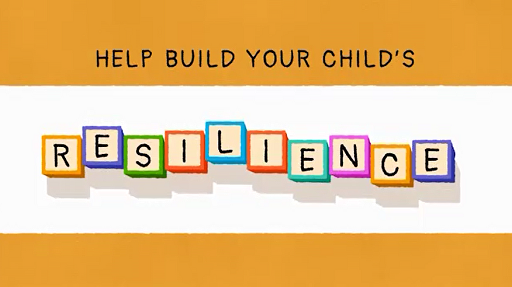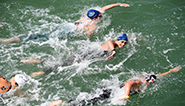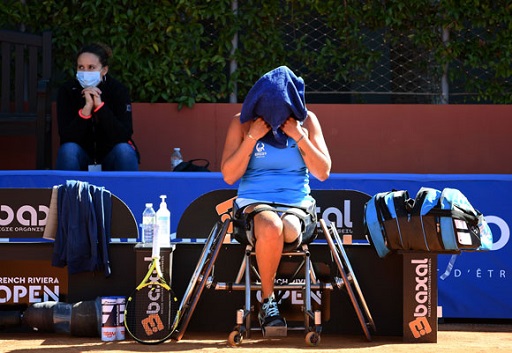5 Developing resilience for the athletic development journey
As highlighted by Tudor, Sarkar and Spray (2020) in Session 1, the supported development of resilience could start in childhood, for example in the school PE setting. Although it is important to highlight that our resilience levels will fluctuate over time and, indeed, often be specific for particular aspects of our lives, it could be of benefit to consider the development of resilience in the early stages of an athlete’s life.
Arguably, an athlete’s family are an influential factor in creating opportunities to develop resilience. Watch the video ‘Building children’s resilience’ which is an example of a resource aimed at offering parental guidance on children’s resilience.

Transcript: Building children’s resilience
As highlighted in the video, participating in physical activity and exercise can facilitate the development of resilience. In their research examining young gymnasts and their coaches, White and Bennie (2015) found that resilience can be cultivated through participation in sport. The research, focusing on athlete and coach perceptions on the development of resilience in community-level gymnastics, highlighted that gymnastics participation resulted in the development of life skills, self-efficacy and self-esteem, in addition to resilience. Where much of the research into resilience in sport has focused on elite sport, this community-level research allows us to see the benefits of sport participation more widely.
We could conclude, therefore, that particularly with young athletes, the development of resilience can be facilitated by participation in sport and physical activity, but as you have seen this should be within an effective environment. Such experiences could support the young athlete as they continue on their athletic development journey.
In the last activity of this course, you are encouraged to reflect on your learning.
Activity 5 Reflecting on your own learning
At this point, take some time to reflect on the topics covered in this course by considering:
- your thoughts on resilience as a mechanism for supporting athletes and coaches on their athletic development journey
- any planned action that you have as a consequence of your learning, from your perspective as a coach, a parent with sporting children, as an athlete yourself or within your life more widely.
Discussion
Hopefully you have reflected not only on how your learning from this course could be applied to your own sporting practices and interests, but also enabled you to reflect on your own levels of resilience. Having this increased self-awareness can support you to be mindful of the environments in which you function, both in sport and more widely in your life. For example, do you have appropriate challenge and support?

